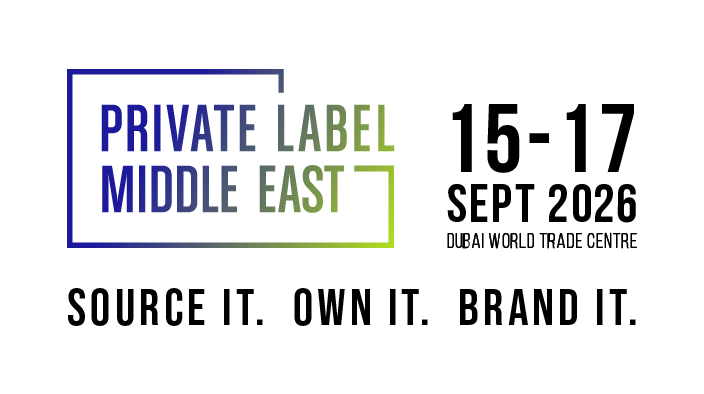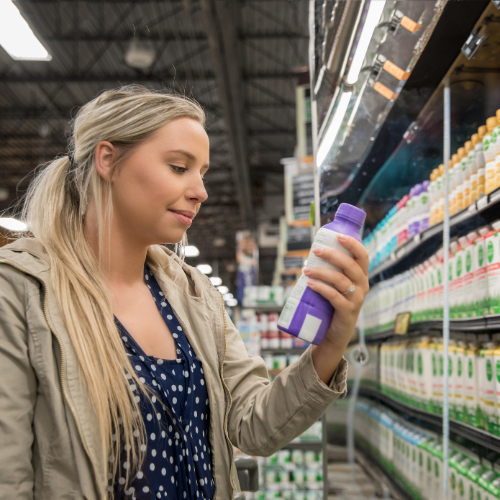With a global spending power that is estimated to grow to $12 trillion by 2030, Generation Z (or Gen Z) remains a formidable group redefining market trends in the present and in the near future. Born between 1997 and 2012, Gen Z is the youngest generation to enter the workforce.
In MENA, they are rewriting the rules of retail. Digitally native, proudly rooted in their culture and fiercely values-driven, they demand more than just products. They seek brands that mirror their identity and ideals.
Private label brands are uniquely positioned to deliver. A global study by Innova Market Insights found Gen Z to be the most likely demographic to purchase private label products, with 64% buying them frequently.
Why? Because private labels offer:
- Faster time to market, adapting to trends quicker than legacy brands
- Flexible pricing and packaging that aligns with Gen Z’s value-driven choices
- Access to real-time consumer data, enabling tailored product decisions
Here’s how private label strategies can evolve to stay relevant and win over Gen Z in the Middle East and beyond.







)
)
)
)
)
)
)
)
)
)
)
)

)
)
)
)